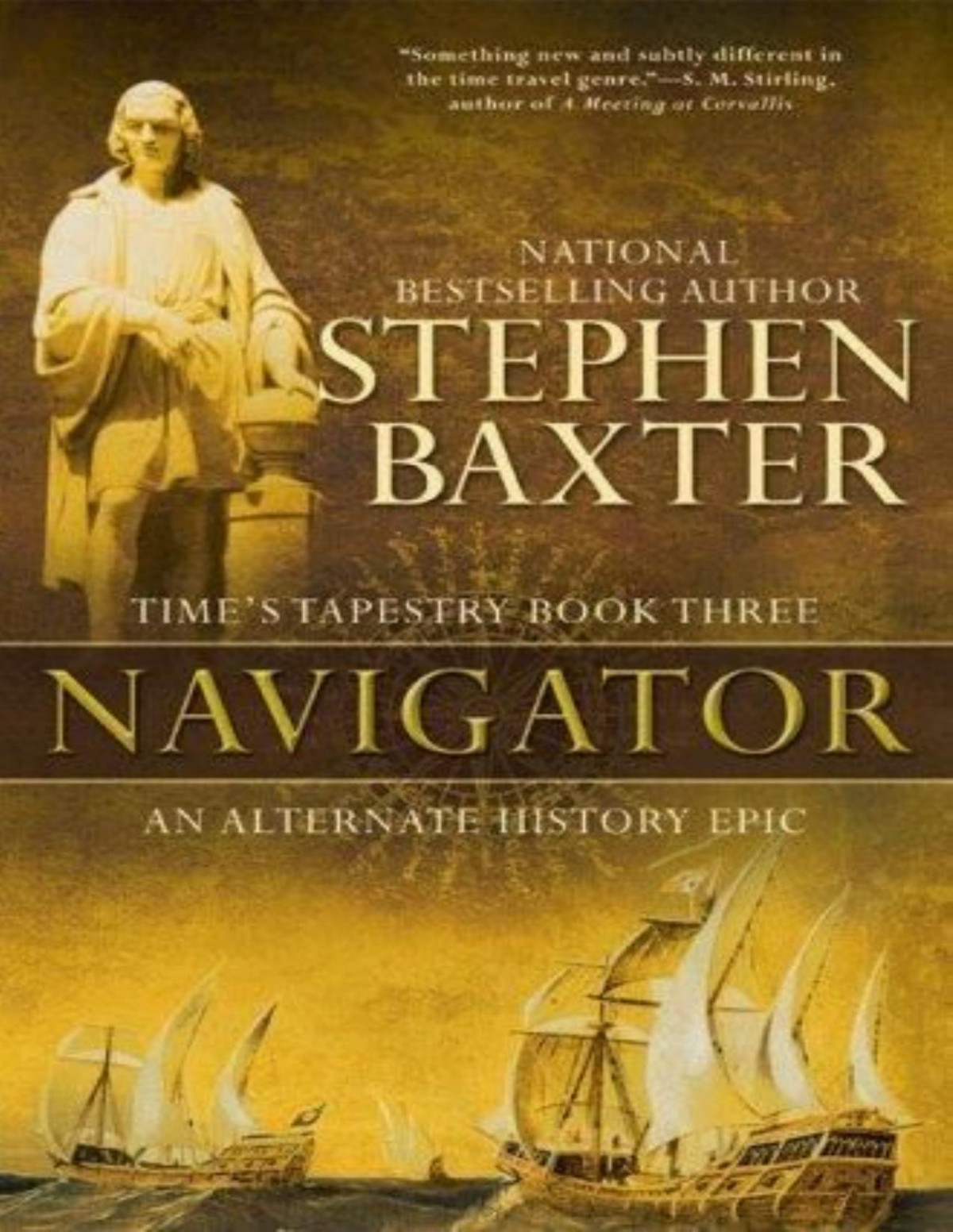

Most ebook files are in PDF format, so you can easily read them using various software such as Foxit Reader or directly on the Google Chrome browser.
Some ebook files are released by publishers in other formats such as .awz, .mobi, .epub, .fb2, etc. You may need to install specific software to read these formats on mobile/PC, such as Calibre.
Please read the tutorial at this link: https://ebookbell.com/faq
We offer FREE conversion to the popular formats you request; however, this may take some time. Therefore, right after payment, please email us, and we will try to provide the service as quickly as possible.
For some exceptional file formats or broken links (if any), please refrain from opening any disputes. Instead, email us first, and we will try to assist within a maximum of 6 hours.
EbookBell Team

4.8
54 reviewsIn the world of science fiction/fantasy books, it is fantasy that reigns supreme. While much intelligent, science-based SF is still being written (by such authors as Paul McAuley), hordes of elves, magicians and goblins have long exceeded the more plausible material in terms of sales. There is, thankfully, one exception: Stephen Baxter. He is one of the few intelligent writers still producing massive, fastidiously textured SF epics that flatter rather than insult the intelligence of the reader. As with the very best SF creators, his ideas come thick and fast, and an exhilarating sense of wonder is guaranteed for the reader in any one of his many novels. But what might be called science-based fantasy is also a speciality.
. Navigator is the third book in Baxter's much-acclaimed Time's Tapestry sequence, and once again the display of imagination and inventiveness takes the breath away. William the Conqueror's forces are fighting against insuperable odds, when a prophecy is given by a woman in a ruined village describing massive engines of destruction. The clash between civilisations of the East and West in the Mediterranean is reaching apocalyptic levels, and the prophecy of the war engines that will decide the conflict becomes ever more relevant -- which of two religions will win the battle? In the meantime, engineers struggle to bring the fabled machinery into reality.
This is the kind of alternative history that is Baxter's métier, and the sheer gusto of his storytelling carries this diffuse narrative along with tremendous panache. -- Barry Forshaw